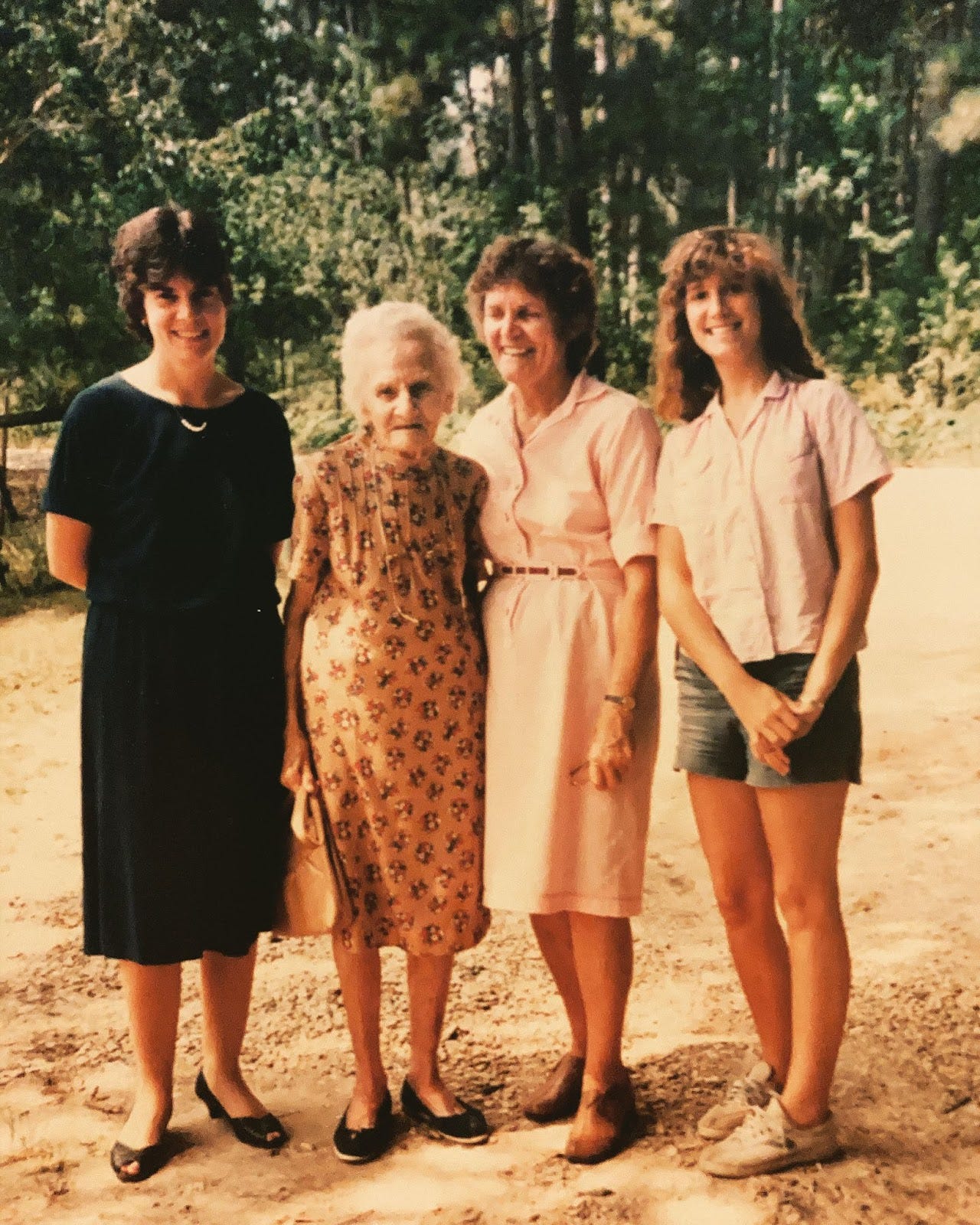I come from a long line of first-born daughters, including my mother, my grandmother, and my great-grandmother. As a child, I was thrilled with my own first-born daughter status, and with following in the footsteps of such strong - some might even say bossy - women.
I’m very grateful for what I learned from these other first-born daughters, such as organization, tenacity, and drive. As some of my colleagues have noted, I’m comfortable having difficult conversations - and uniquely well-suited to playing the “bad cop.” (I think they mean that as a compliment.)
But I also learned other less adaptive things from these other women - and in particular, a tendency to constantly worry about almost everything.
Is this traffic jam going to make me miss my plane? Is that pain in my stomach a sign of cancer? Is my child with mediocre grades ever going to get a job?
One of my favorite cartoons features a person lying on the ground and saying into a phone “Sorry, I can’t talk right now. I’m busy living out the anxieties of a completely hypothetical situation.” Because that cartoon is basically a perfect illustration of my life. (If you don’t get that cartoon at all - congratulations!)
But here’s the good news for those of us with a tendency to obsessively worry: with practice we can learn how to think about life’s challenges in more positive ways. Moreover, learning and practicing strategies for adopting a more positive mindset changes neural pathways in the brain so that this sort of adaptive response becomes more natural.
To examine the benefits of learning how to think about difficult circumstances in a new way, a group of researchers from 87 different countries designed a study to help people manage the stress of the COVID-19 pandemic. They designed two distinct strategies for promoting positive re-appraisal, meaning finding some silver lining in negative events.
One method was repurposing, which involves looking at the bright side of any situation. This strategy might involve thinking “The pandemic has given me the opportunity to clean out my closets, learn how to bake bread, teach myself the guitar” or “This situation is helping us realize the importance of meaningful social connections, and helping us understand who the most important people in our lives are.”
Another method was reconstruing, which involves viewing a situation in a broader perspective. This strategy might involve thinking “Washing hands, avoiding touching my face, keeping a safe distance…There are simple and effective things I can do to protect myself and my loved ones from getting sick and to stop the spread of the virus” and “I know from world history that keeping calm and carrying on gets us through tough times.”
The researchers then randomly assigned over 20,000 people to read about one of these two reappraisal strategies. People completed surveys measuring their overall emotional state before learning a particular technique, and again later on so that researchers could evaluate the effectiveness of the different strategies.
Both types of reappraisal training led to decreases in negative emotions and increases in positive emotions. Moreover, these strategies worked in every single country tested, suggesting that learning to think about situations in a new way is broadly beneficial for us all.
These findings provide clear evidence that regardless of your natural inclination, with practice we can all get better at responding to life’s challenges in more positive ways. As Carnegie Mellon professor Randy Pausch famously described in his last lecture, “You just have to decide if you’re a Tigger or an Eeyore.”
And now a couple questions for you: Are you naturally a Tigger or an Eeyore? And has that tendency changed over time (and if so, how)? Please share in the comments!





Definitely a Tigger who tries to cheer on the Eeyore’s in my life.
I need to think about this designation before making a decision which may make me an Eeyore.
Whatever I am, although a firstborn, I know I will learn a great deal from reading these thoughtful, wise and valuable words of Prof. Sanderson every week. Susie Wilson